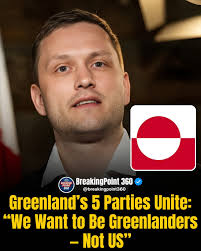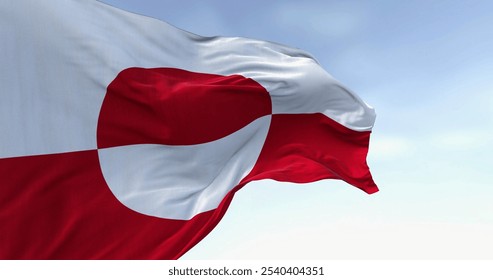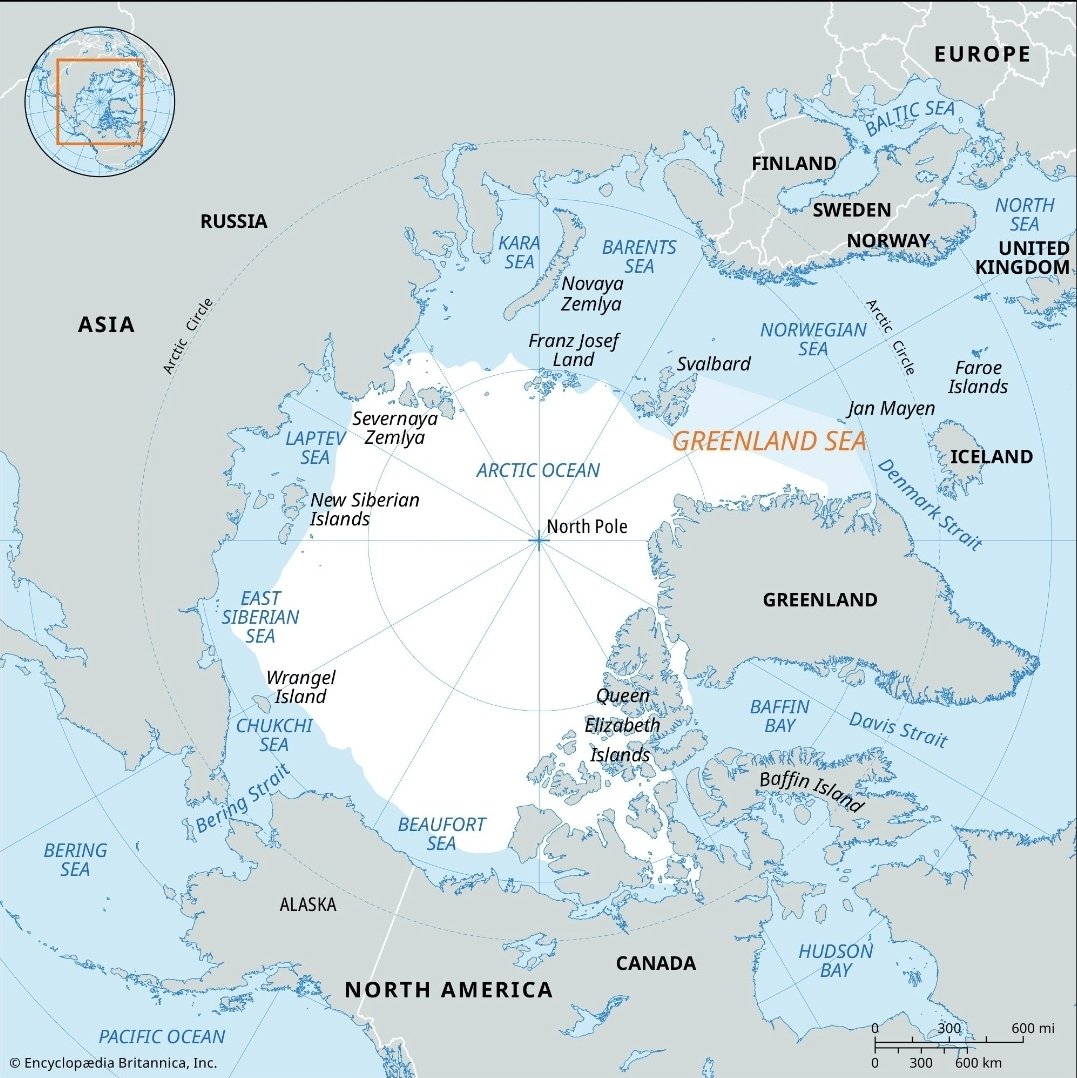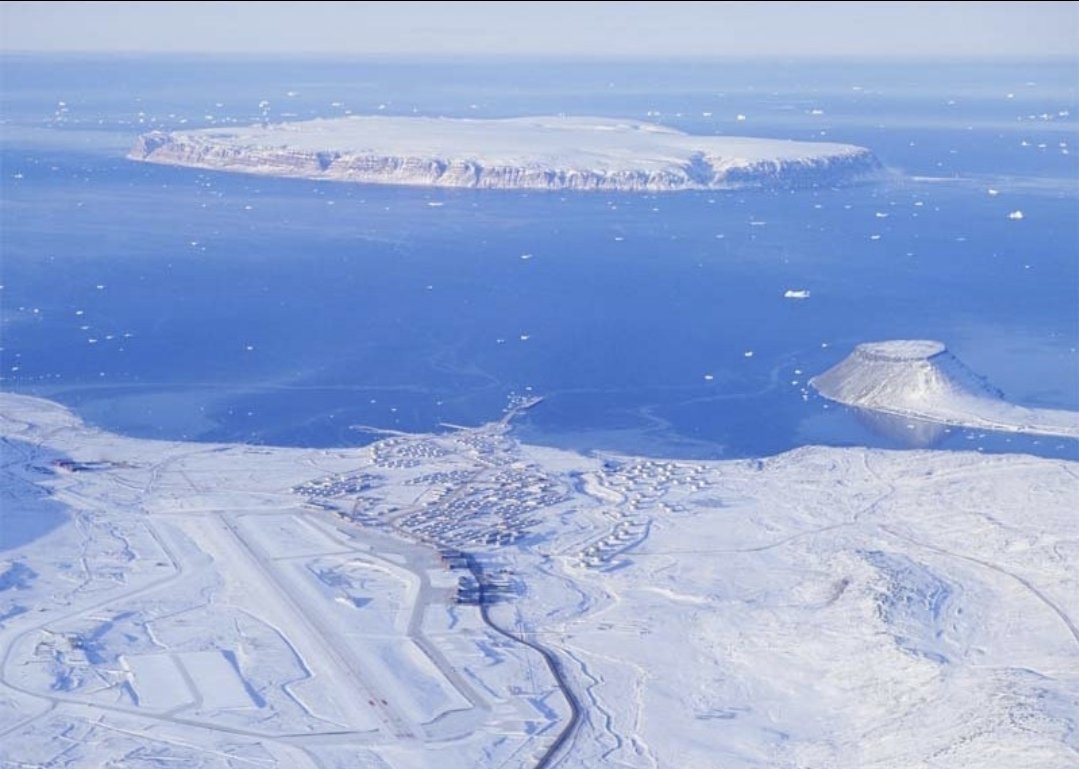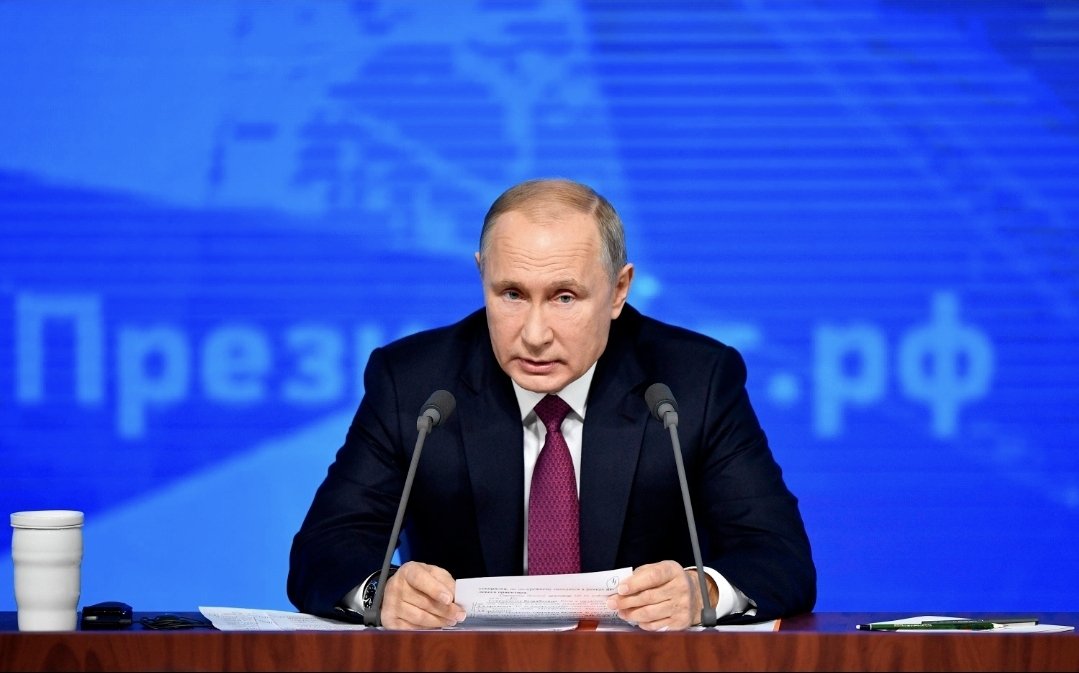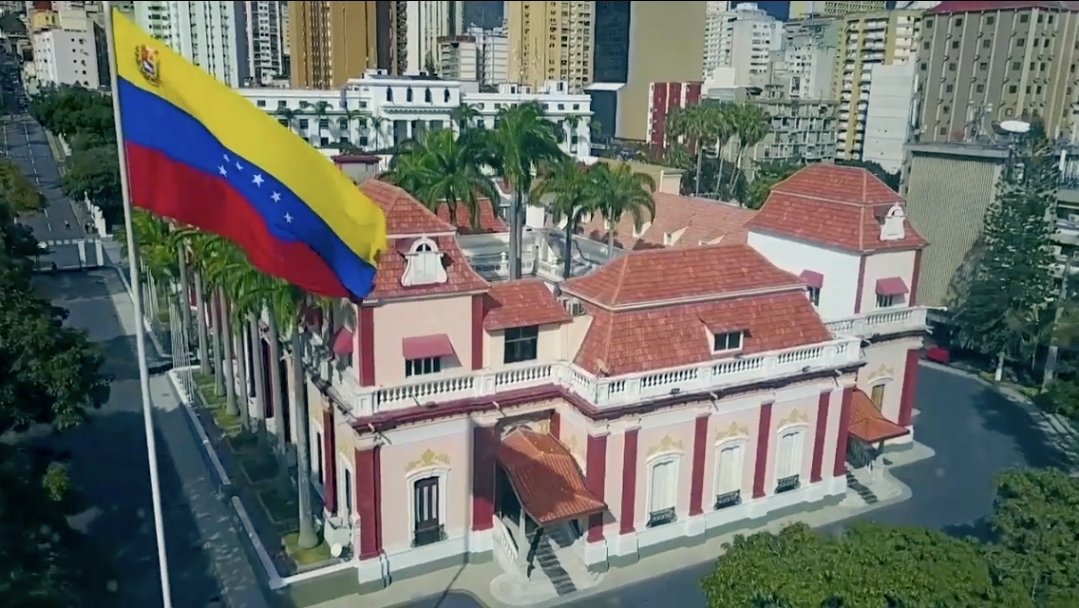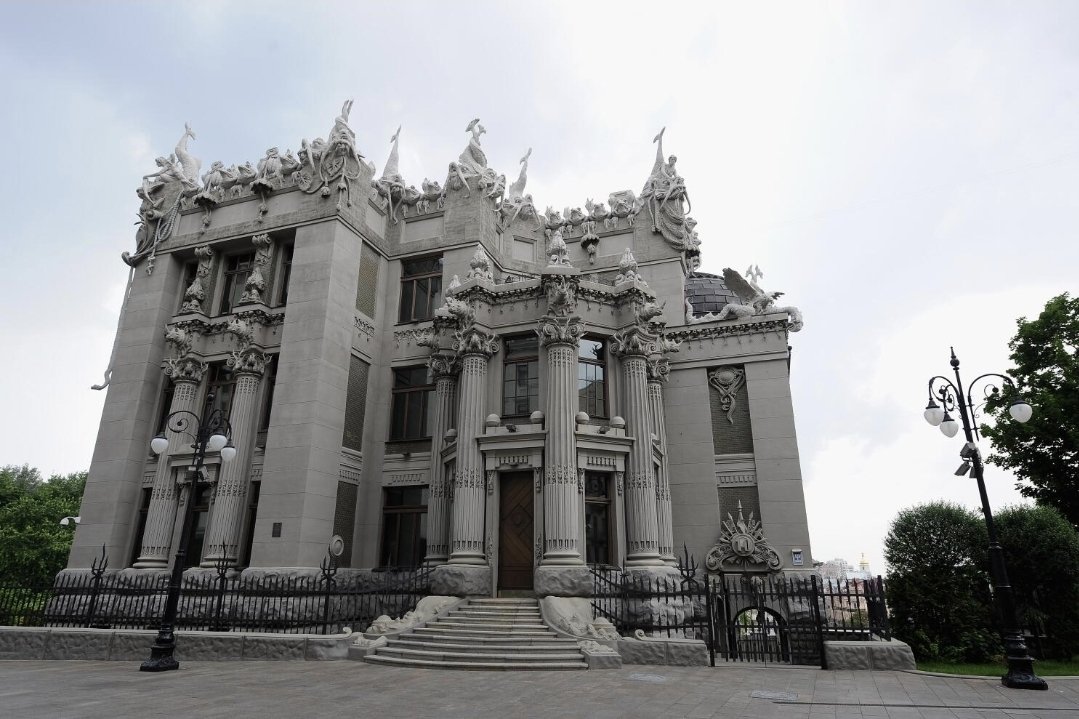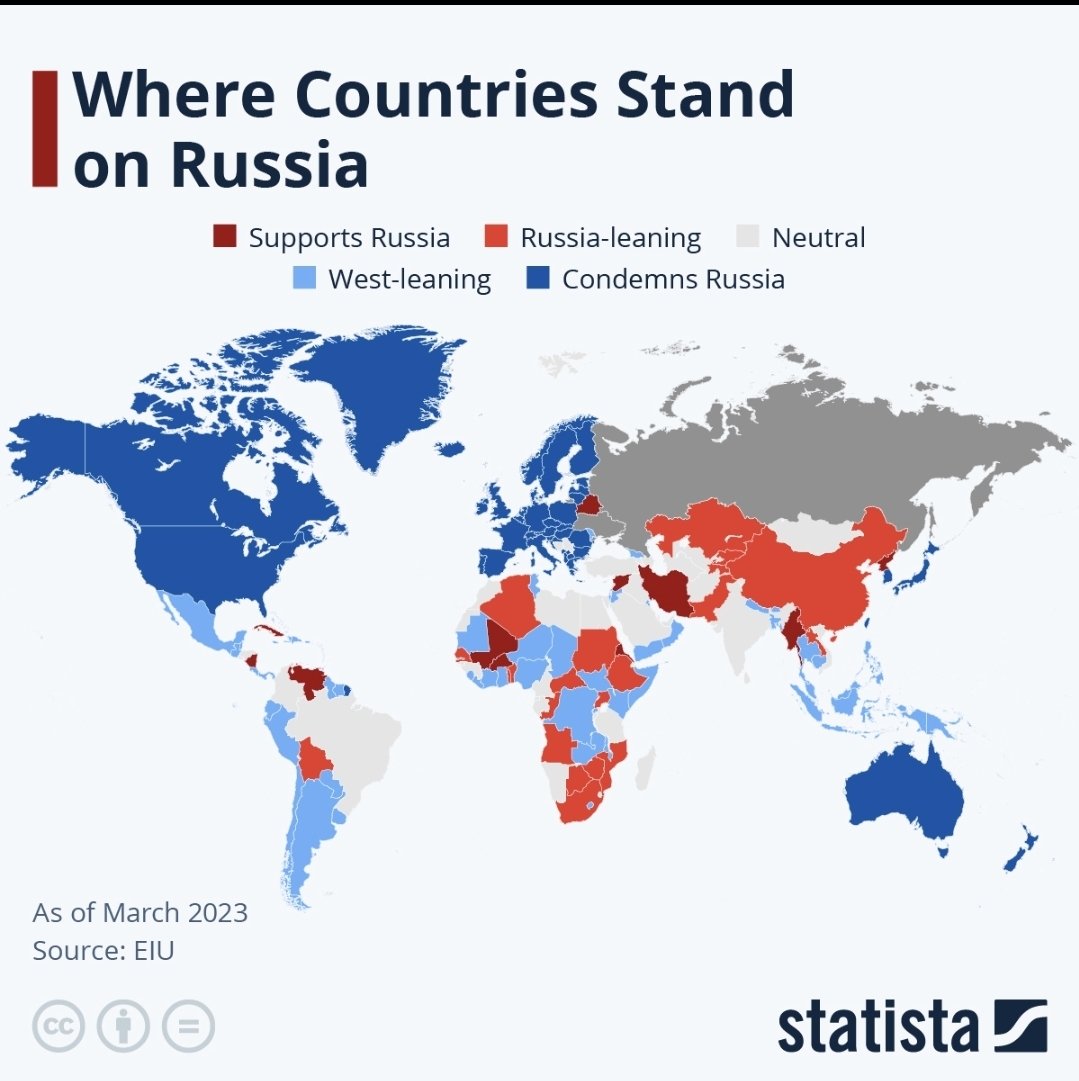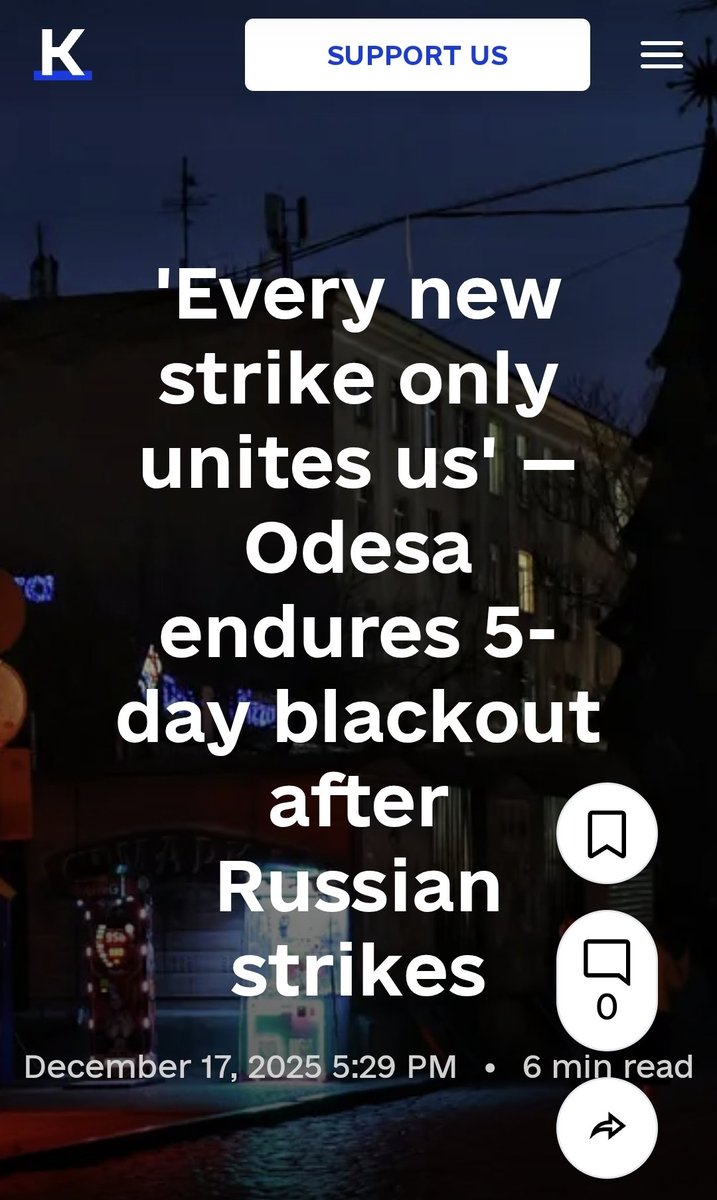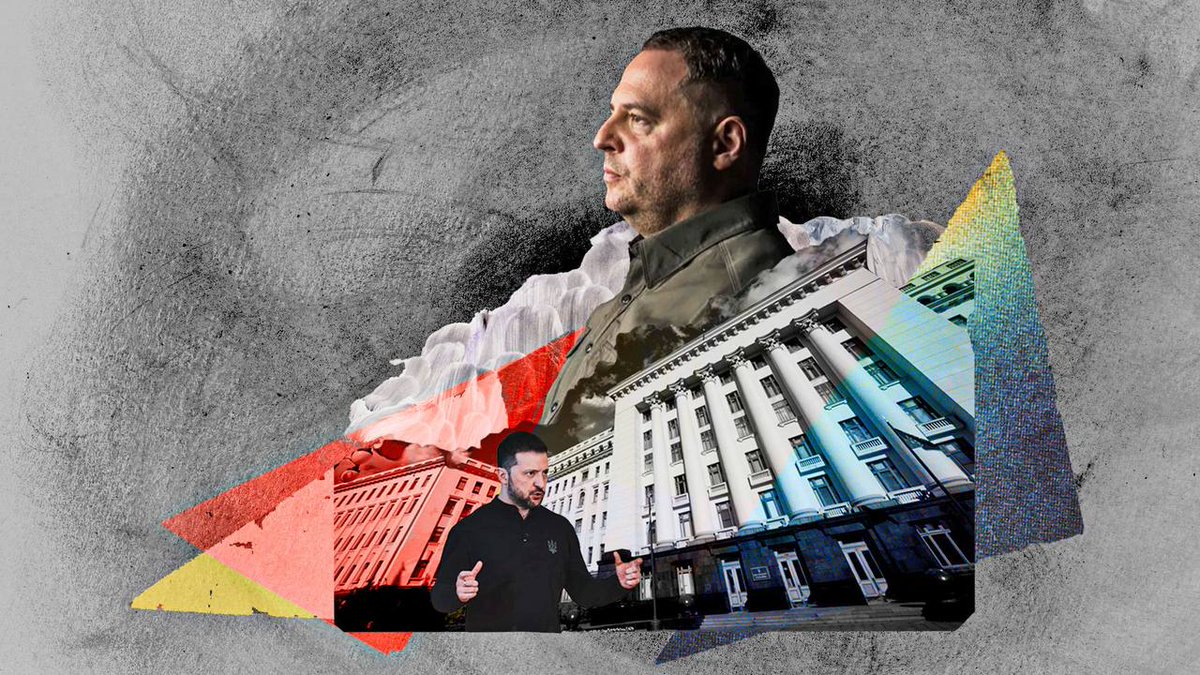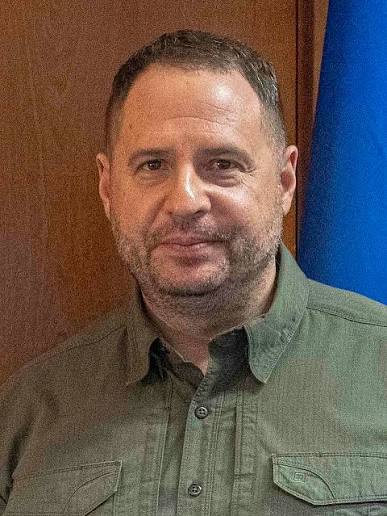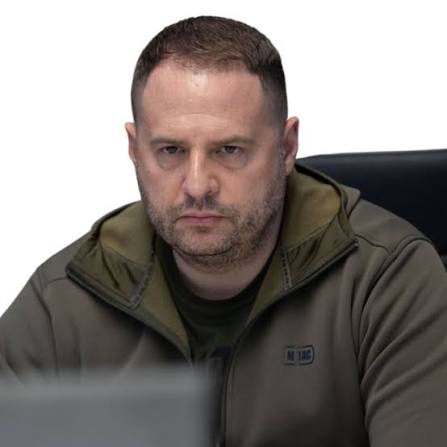🚜 Tractor with autopilot: Kharkiv region figured out how to process mined fields
On the territory of the Kharkiv region, Russian rashists left a huge amount of explosive objects. Therefore, many fields are still unsafe.
However, local craftsmen have found a way to process… twitter.com/i/web/status/1…
On the territory of the Kharkiv region, Russian rashists left a huge amount of explosive objects. Therefore, many fields are still unsafe.
However, local craftsmen have found a way to process… twitter.com/i/web/status/1…
• • •
Missing some Tweet in this thread? You can try to
force a refresh


